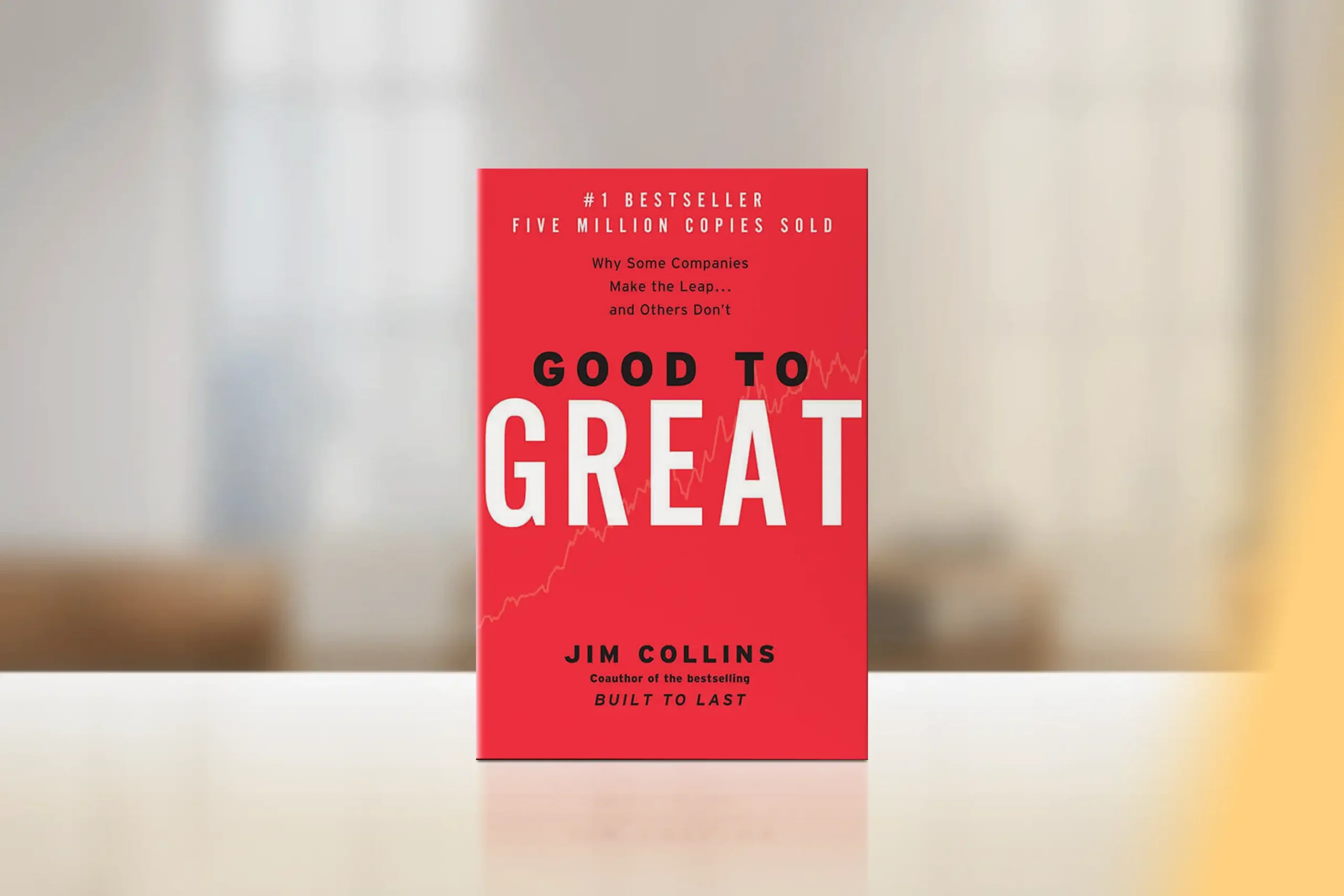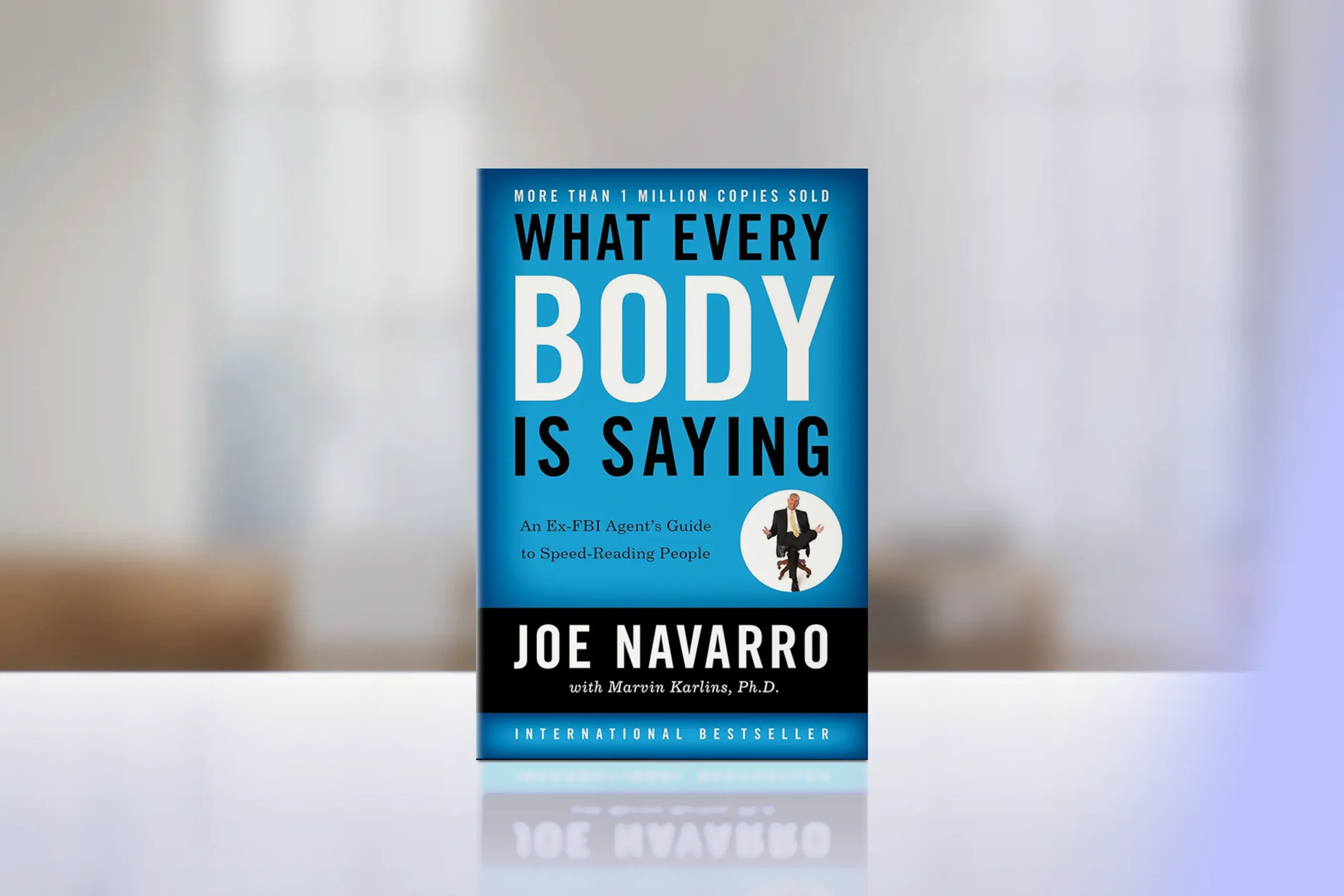Have you ever noticed how the traditional advice about finding your career passion often feels like trying to fit a square peg into a round hole? “Follow your passion” sounds inspiring, but what if you’re not sure what that passion is? What if the conventional career assessment tests and personality quizzes leave you feeling more confused than enlightened?
Here’s a thought-provoking reality: sometimes the path to discovering your career passion lies in the unexpected, the unconventional, and even the seemingly illogical. In fact, research from Stanford shows that passion often follows engagement rather than preceding it – a complete reversal of the common “follow your passion” narrative.
In this article, we’ll explore unique and unconventional approaches to uncovering your career passion – methods you probably won’t find in typical career guidance books. Whether you’re a recent graduate feeling lost in the sea of possibilities, a mid-career professional seeking reinvention, or someone who’s never quite found that “spark” in their work, these strategies will help you explore uncharted territories of career discovery.
Ready to break free from conventional wisdom and embark on an exciting journey of career exploration? Let’s dive into some truly unique approaches that might just help you unlock the career passion you’ve been searching for.
1. The Reverse Bucket List Method
Instead of starting with what you want to do, let’s begin with what you’ve already done. The Reverse Bucket List method, as explored in “Designing Your Life“ by Bill Burnett and Dave Evans, offers a fascinating twist on traditional career exploration.
Here’s how it works:
- Create a list of all the activities, projects, or experiences that have made you lose track of time
- Include both work and non-work experiences
- Focus on the process rather than the outcome
- Look for patterns in the types of activities that energize you
Reflection Exercise: Think about the last three times you were so engrossed in an activity that you forgot to check your phone. What were you doing? What elements of these experiences could translate into career opportunities?
2. The Contrarian Career Mapping Technique
Sometimes, understanding what you don’t want is more revealing than focusing on what you think you want. This approach, complementing insights from our article on “Redefining Success: Breaking Free from Societal Expectations“, helps you find your passion by process of elimination.
Steps for Contrarian Mapping:
- List everything you absolutely don’t want in a career
- For each “don’t want,” identify the exact opposite
- Look for patterns in these opposites
- Use these patterns to create a “passion profile”
Challenge: Create your contrarian map this week. What surprising insights emerge when you flip your “don’t wants” into potential “do wants”?
3. The Skill Stack Shuffle
Drawing inspiration from “Range: Why Generalists Triumph in a Specialized World“ by David Epstein, this method involves combining seemingly unrelated skills to create unique career opportunities.
Implementation Steps:
- List all your skills, including those from hobbies and side interests
- Randomly combine three skills at a time
- Brainstorm potential career paths that could use these combinations
- Research real-world examples of people using similar skill combinations
For deeper insights into leveraging diverse skills, check out our article on “Experience Hacking: Creative Ways to Build Relevant Skills for Career Transitions“.
4. The Childhood Dreams Deconstruction
Remember when you wanted to be an astronaut, a chef, or a superhero? While these specific dreams might not be practical career choices, they contain valuable clues about your core drivers and passions.
Analysis Framework:
- List your childhood dream jobs
- Identify the core elements that attracted you (e.g., exploration, creativity, helping others)
- Map these elements to modern career possibilities
- Look for unexpected connections and patterns
Reflection Prompt: What elements of your childhood dreams still resonate with you today? How might these elements guide your current career choices?
5. The Energy Audit Experiment
This unconventional approach focuses on energy levels rather than skills or interests. It’s particularly effective for those who feel stuck in their current career path, as highlighted in our article “Pathways to Passion: Diverse Stories of Successful Career Transitions“.
The Process:
- Track your energy levels throughout the day for two weeks
- Note which activities energize you versus drain you
- Identify the common elements in high-energy activities
- Research careers that maximize these energy-giving elements
Practical Application
Let’s put these unconventional methods into action with a structured 30-day exploration plan:
Week 1: Foundation Building
- Complete the Reverse Bucket List exercise
- Start your energy tracking journal
- Begin collecting childhood dream elements
Week 2: Pattern Recognition
- Create your Contrarian Career Map
- Analyze patterns from Week 1 activities
- Start your Skill Stack combinations
Week 3: Exploration
- Research careers that match your emerging patterns
- Connect with professionals in interesting fields
- Experiment with small projects in potential areas
Week 4: Integration
- Synthesize insights from all exercises
- Create an action plan for your top 2-3 career directions
- Design small experiments to test your hypotheses
24-Hour Challenge: Choose one exercise from Week 1 and complete it within the next 24 hours. Share your insights with a friend or mentor.
Embracing the Unexpected
As we conclude our exploration of unconventional methods for discovering your career passion, remember that the most meaningful discoveries often come from unexpected places. Your journey to finding career passion might not follow a straight path – and that’s exactly as it should be.
Your career passion isn’t just about finding the perfect job title; it’s about creating a unique combination of your interests, skills, and values that brings both meaning and energy to your work life. The unconventional methods we’ve explored are designed to help you think differently about career discovery and open doors you might not have known existed.
Keep these key insights in mind as you move forward:
- Trust the process of unconventional exploration
- Embrace the unexpected connections you discover
- Allow your definition of career passion to evolve
- Stay curious about new possibilities
- Take small, experimental steps toward interesting directions
Final Reflection: What’s the most surprising insight you’ve gained about your potential career passion through these unconventional methods? How might this insight change your approach to career exploration?
Remember, discovering your career passion is not a destination but a journey of continuous exploration and growth. Every unexpected turn in this journey brings new insights and possibilities. Your unique combination of experiences, interests, and perspectives is exactly what the world needs – even if it doesn’t fit into a conventional career box.
Are you ready to embrace these unconventional methods and discover where they might lead you? Your next career adventure awaits, and it might be more exciting and fulfilling than anything you’ve imagined so far.
Take that first step today. Your future self will thank you for having the courage to explore the unexpected paths to your career passion.





